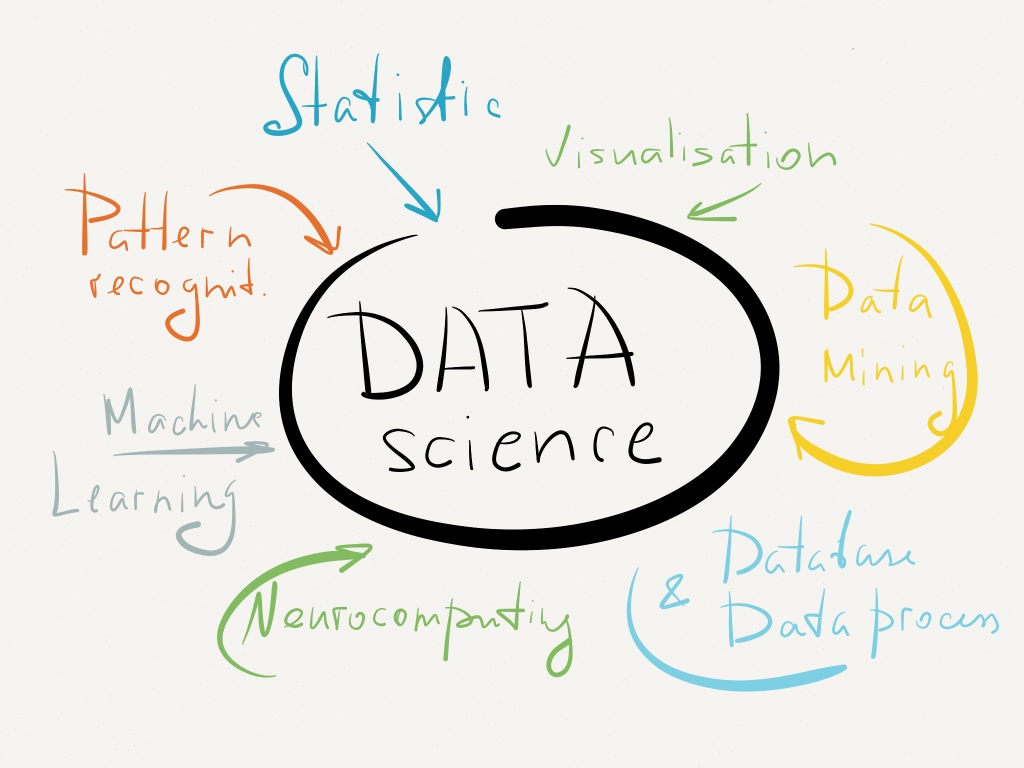With data science emerging as one of the hottest new professions and academic disciplines in these early years of the 21st century, the quintessential big data job that is the job of a Data Scientist has been voted the best job in US for 2016 by online employment analyst Glasdoor. This position is awarded based on scoring employees for how well they are paid, treated, and helped to advance in their careers.
And it is exciting to think that the big revolution of data and analytics is only just getting started, and companies are just recognising its benefits and what a world of difference it can make to their research not to mention the potential giant leap forward in sales. This is the emergence of a major new discipline that may remind many of the advent of computer science in the 1960s and 1970s.There are striking similarities too, like data science , computer science had its roots in a number of related areas, including math, engineering and management.
Data scientists have been called “unicorns” because finding the right person with the right set of skills — including coding, statistics, machine learning, database management, visualization techniques, and industry-specific knowledge — could be practically impossible. In it’s early years computer science, like data science, attracted people from other disciplines who required the use of computers in their respective fields. Corporations are crying out for talent that can help them unlock the insights hidden in their data but new blood is desperately needed as the demand exceeds the supply.
Sure, it sounds cool to tell people your job is predicting the future but there are also some concerns surrounding this discipline which is still in its nascent stages : machine learning and big data itself may be making those unicorns as obsolete as they are mythical. New machine learning algorithms can analyze data and identify patterns while presenting them in easily understandable form using infographics so there is a possibility that soon you (and your computer of course) would become your own data scientist.
Natural Language Processing (NLP) is teaching computers to accept input in the natural, spoken language of humans – breaking down the communications barrier between man and machine. IBM, for example, believes that it can offer a solution to the skills shortage in big data by cutting out the data scientists entirely and replacing (or supplementing) them with its Watson natural language analytics platform.
Whichever solution we get at the end, data science is a diverse and a welcome new idea for those looking at the next decade of emerging trends.
Please login to Comment




No Comment Found